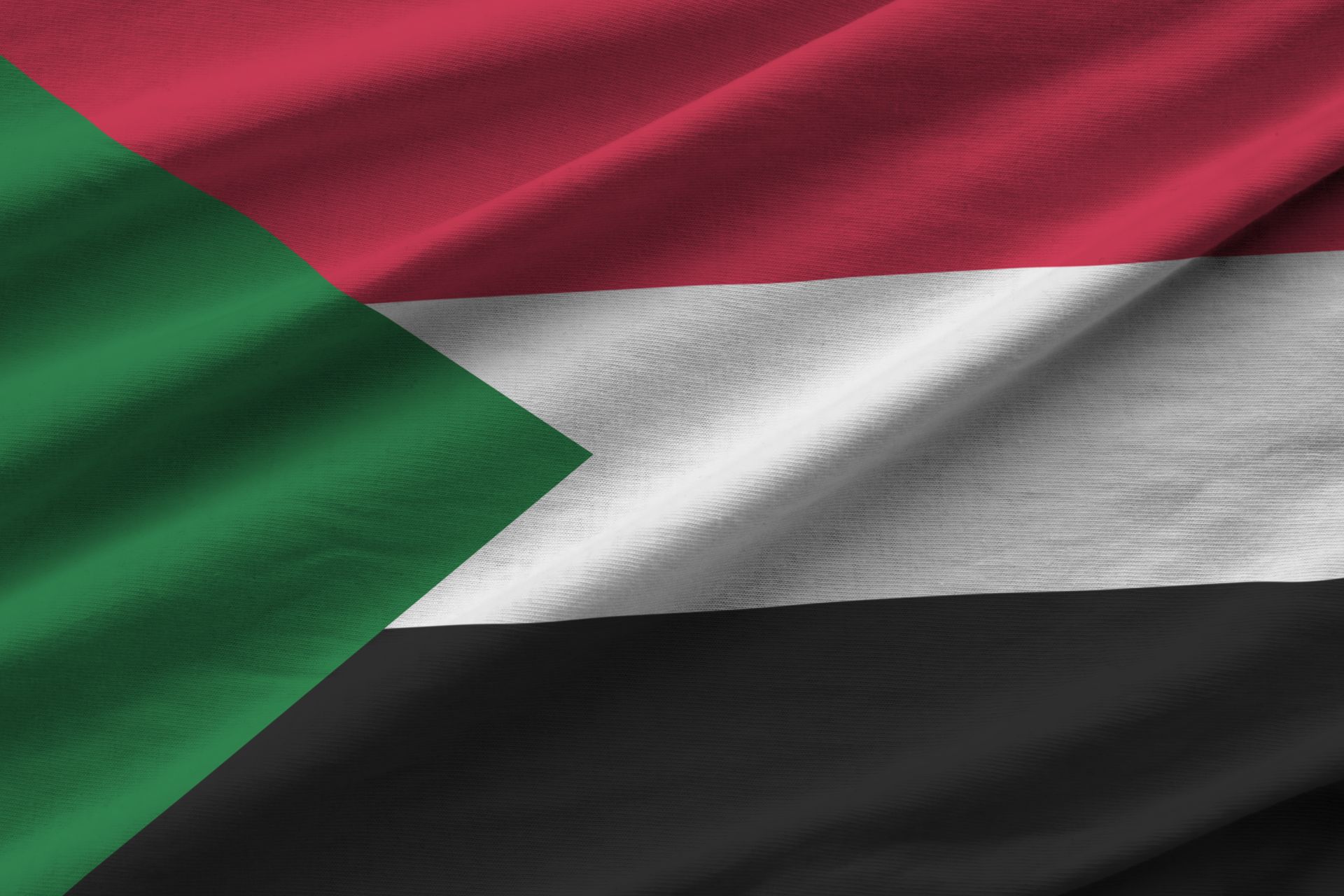- Home
- Middle East
- Landslide Flattens Sudan Village, Kills More than 1,000

A massive landslide has wiped out an entire village in Darfur. ©shutterstock
A massive landslide in Sudan's western Darfur region has flattened an entire mountain village and killed more than 1,000 people, a rebel group said, leaving only one survivor.
The disaster struck Sunday after days of heavy rain, devastating the village of Tarasin in the Jebel Marra area, the Sudan Liberation Movement/Army (SLM), led by Abdulwahid al-Nur, said in a statement.
"Initial information indicates the death of all village residents, estimated at more than 1,000 individuals, with only one survivor," the group said, calling the landslide "massive and devastating".
The group appealed to the United Nations and other aid organisations for help recovering the dead still buried under mud and debris.
Images the SLM published on social media appeared to show huge sections of the mountainside collapsed, burying the village under thick mud, uprooted trees and shattered beams.
Sudan is embroiled in a bloody war between the army and paramilitary Rapid Support Forces (RSF), which has plunged the country into one of the world's worst humanitarian crises.
The SLM controls parts of the Jebel Marra range and has mostly stayed out of the conflict, but hundreds of thousands of people have fled into SLM-held territory to escape the violence.
Jebel Marra is a rugged volcanic range stretching about 160 kilometres (100 miles) southwest of North Darfur's besieged capital of El-Fasher, which the RSF is pushing to capture after besieging it for more than a year.
The area is prone to landslides, particularly during the rainy season which peaks in August. A 2018 landslide in nearby Toukoli killed at least 20 people.
'Tragedy'
Darfur's army-aligned governor, Minni Minnawi, called the landslide a "humanitarian tragedy that goes beyond the borders of the region".
"We appeal to international humanitarian organisations to urgently intervene and provide support and assistance at this critical moment, for the tragedy is greater than what our people can bear alone," he said in a statement.
Much of Darfur -- including the area where the landslide occurred -- remains largely inaccessible to international aid organisations due to the ongoing fighting, severely limiting the delivery of urgent humanitarian assistance.
The disaster also comes during Sudan's rainy season, which often renders mountain roads and remote areas impassable.
The relentless rainfall further complicates efforts by humanitarian organisations to access those in need, particularly in conflict-affected regions like Darfur where infrastructure is already fragile or non-existent.
Since April 2023, Sudan has been ravaged by a war that erupted with a power struggle between army chief Abdel Fattah al-Burhan and his former deputy, RSF commander Mohamed Hamdan Daglo.
In a series of offensives, Burhan's forces regained central Sudan this year, leaving the RSF with control over most of Darfur -- where it has conquered all but one state capital, El-Fasher -- and parts of southern Kordofan.
The fighting has killed tens of thousands and displaced millions, including about four million from the capital alone.
The war has decimated the northeast African country's infrastructure and created what the UN describes as the world's largest displacement and hunger crises.
About 10 million people are currently displaced within Sudan, while an additional four million have fled to neighbouring countries, according to the UN.
With AFP
Read more


Comments